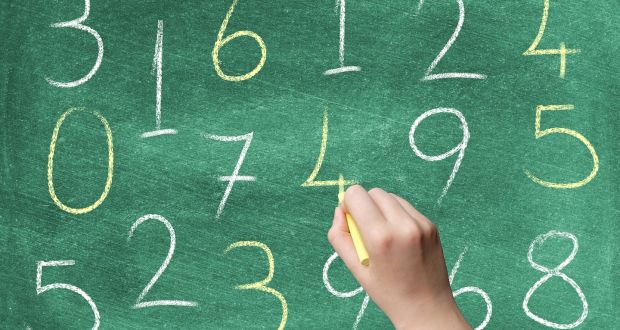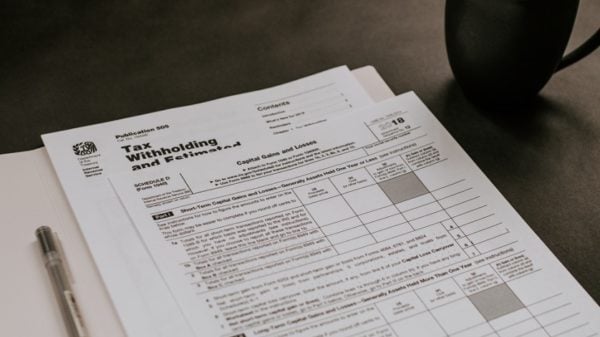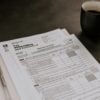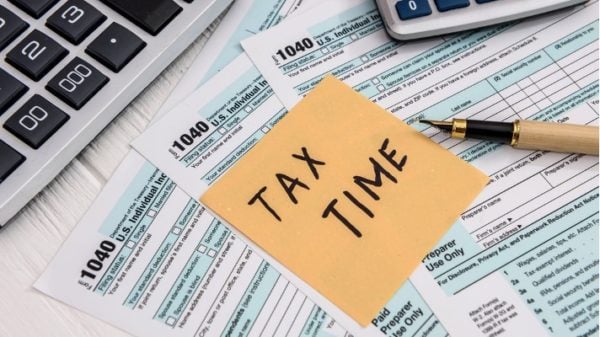Whenever you have an article or essay to submit, you need to ensure that everything is perfect. It should not contain any grammatical errors, misspells, or any other error that could ruin your work. But in some instances, you may have your work returned because of how you forgot to spell out the numbers.
While it may not change the meaning, it can change how readers view or understand the sentence. Even something as easy as knowing when to spell out numbers is crucial for other nit-picky readers. As long as you note several expert tips in spelling numbers, you should have no worries with any markdowns on your written piece.
Exceptions When Spelling Out Numbers
Whenever you create a sentence with zero to nine followed by a specific unit of measurement, you need to use numerals.
• The water is filled up to 7 cm tall. (The “cm” is the measurement unit)
And if you are starting your sentence with a number, you need to use words instead of numbers. The only exception to that is when you start the sentence with a year.
• Fifty-two million people are frequently on their phones.
• Twenty-first-century people made it the new starting point of their lives.
The last exception when writing numbers is creating a sentence with set expressions and common fractions.
• It would help if you knew about the Four Horsemen
• The bottle is at least one-third full.
• People celebrate with fireworks on the Fourth of July.
Rules About Writing Percentages
When it comes to percentages, you need to use numerals and the “%” sign. You should never write the word “percent” when a number follows it.
• Dentists agree that toothpaste kills 99.9% of mouth bacteria.
However, spelling out numbers is essential whenever you begin your sentence with a percentage.
• Ten percent of your shoes’ soles wear out each month.
Numbers in Statistical Reports
Whenever you have a research paper, it will always include numbers. You should know that mathematical functions, statistics, percentages, and ratios have to be written numerically. It is true nevertheless of whether you include them within a table or a portion of the text. You also need to note several guidelines when reporting statistical results that have numbers.
• Report statistics that could not be over 1.0 to three decimal places.
• Report statistics to two decimal places
• Italicize figures that are not Greek letters
• Involve spaces before and after <, >, and =
• If a number exceeds 1.0, you need to use the leading zero. And if a number does not exceed 1.0, do not incorporate the leading zero.
Writing Numbers Followed by Measurements
When a number arrives before a unit of measurement, you have to use numerals.
• You need at least 500 mg of antibiotics.
Now that you have an idea about the basics of spelling out numbers, it should help you improve your overall writing skills.
Whenever you have an article or essay to submit, you need to ensure that everything is perfect. It should not contain any grammatical errors, misspells, or any other error that could ruin your work. But in some instances, you may have your work returned because of how you forgot to spell out the numbers.
While it may not change the meaning, it can change how readers view or understand the sentence. Even something as easy as knowing when to spell out numbers is crucial for other nit-picky readers. As long as you note several expert tips in spelling numbers, you should have no worries with any markdowns on your written piece.
Exceptions When Spelling Out Numbers
Whenever you create a sentence with zero to nine followed by a specific unit of measurement, you need to use numerals.
• The water is filled up to 7 cm tall. (The “cm” is the measurement unit)
And if you are starting your sentence with a number, you need to use words instead of numbers. The only exception to that is when you start the sentence with a year.
• Fifty-two million people are frequently on their phones.
• Twenty-first-century people made it the new starting point of their lives.
The last exception when writing numbers is creating a sentence with set expressions and common fractions.
• It would help if you knew about the Four Horsemen
• The bottle is at least one-third full.
• People celebrate with fireworks on the Fourth of July.
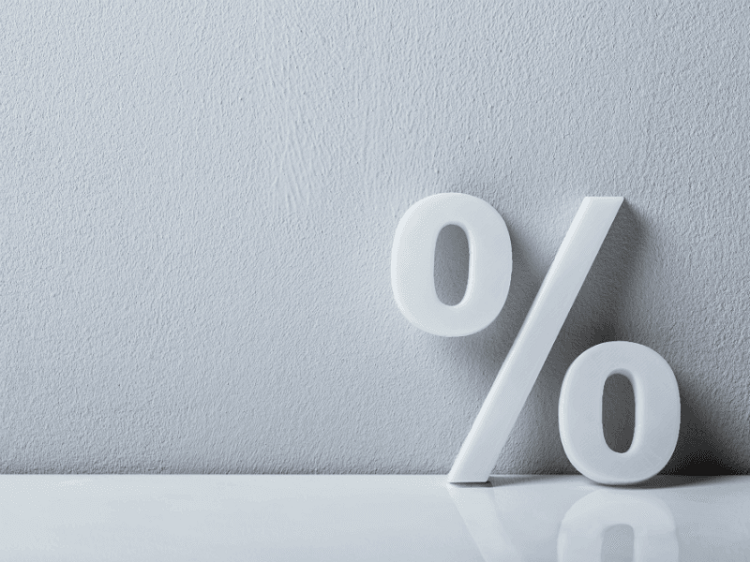
Rules About Writing Percentages
When it comes to percentages, you need to use numerals and the “%” sign. You should never write the word “percent” when a number follows it.
• Dentists agree that toothpaste kills 99.9% of mouth bacteria.
However, spelling out numbers is essential whenever you begin your sentence with a percentage.
• Ten percent of your shoes’ soles wear out each month.
Numbers in Statistical Reports
Whenever you have a research paper, it will always include numbers. You should know that mathematical functions, statistics, percentages, and ratios have to be written numerically. It is true nevertheless of whether you include them within a table or a portion of the text. You also need to note several guidelines when reporting statistical results that have numbers.
• Report statistics that could not be over 1.0 to three decimal places.
• Report statistics to two decimal places
• Italicize figures that are not Greek letters
• Involve spaces before and after <, >, and =
• If a number exceeds 1.0, you need to use the leading zero. And if a number does not exceed 1.0, do not incorporate the leading zero.
Writing Numbers Followed by Measurements
When a number arrives before a unit of measurement, you have to use numerals.
• You need at least 500 mg of antibiotics.
Now that you have an idea about the basics of spelling out numbers, it should help you improve your overall writing skills.


















































